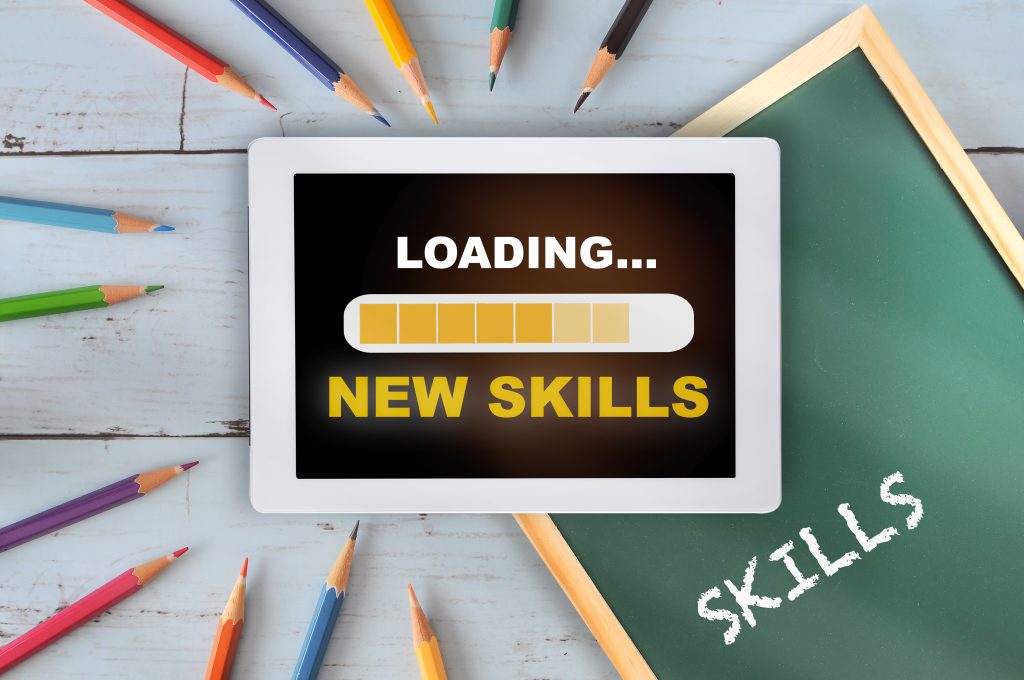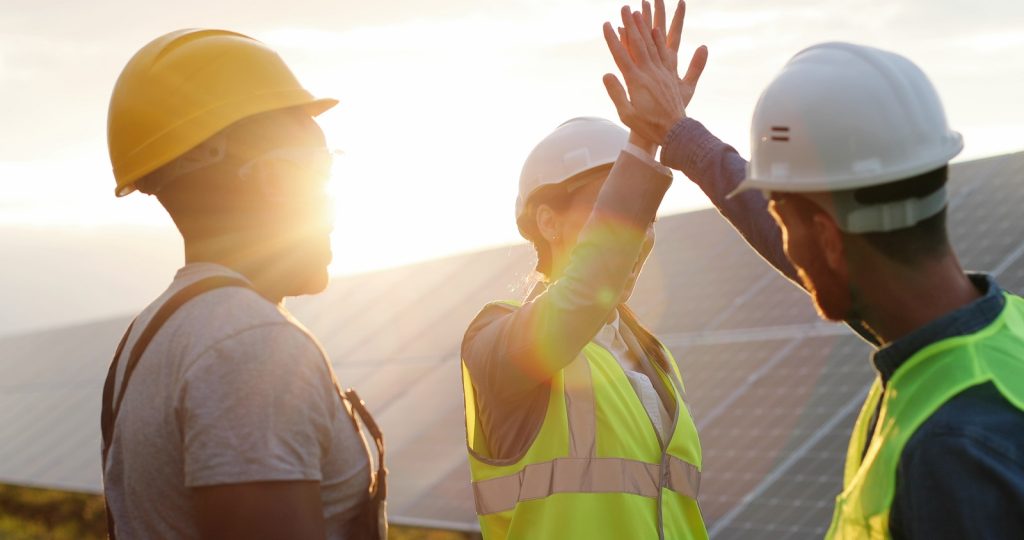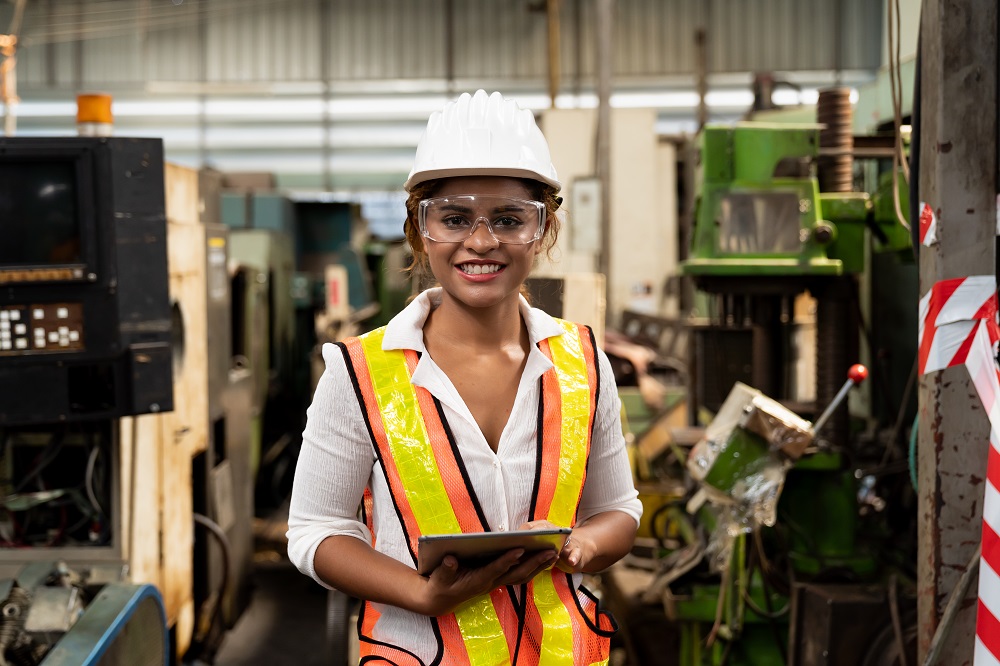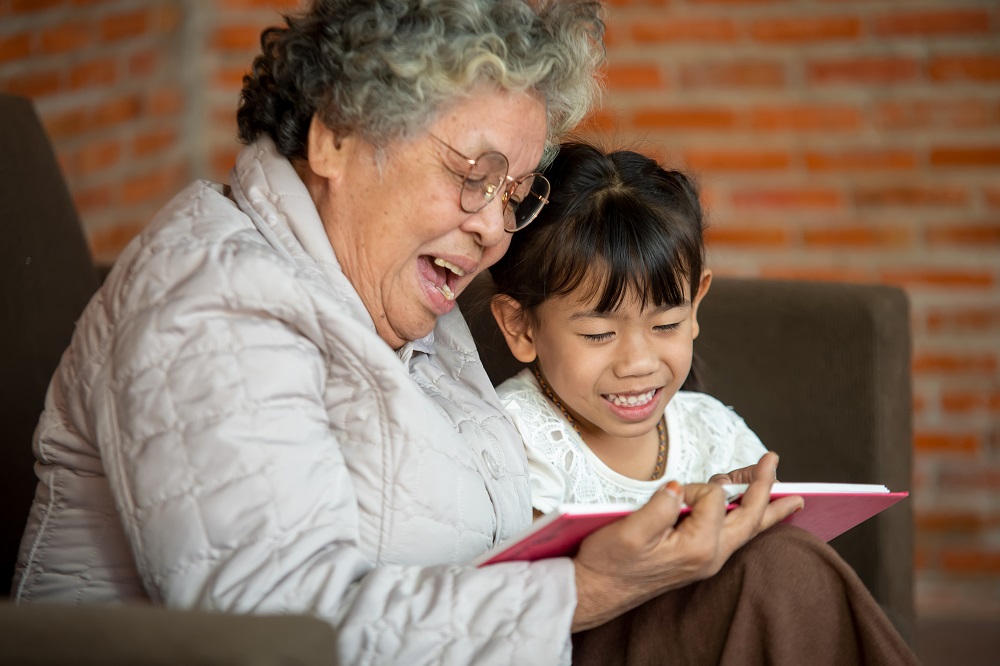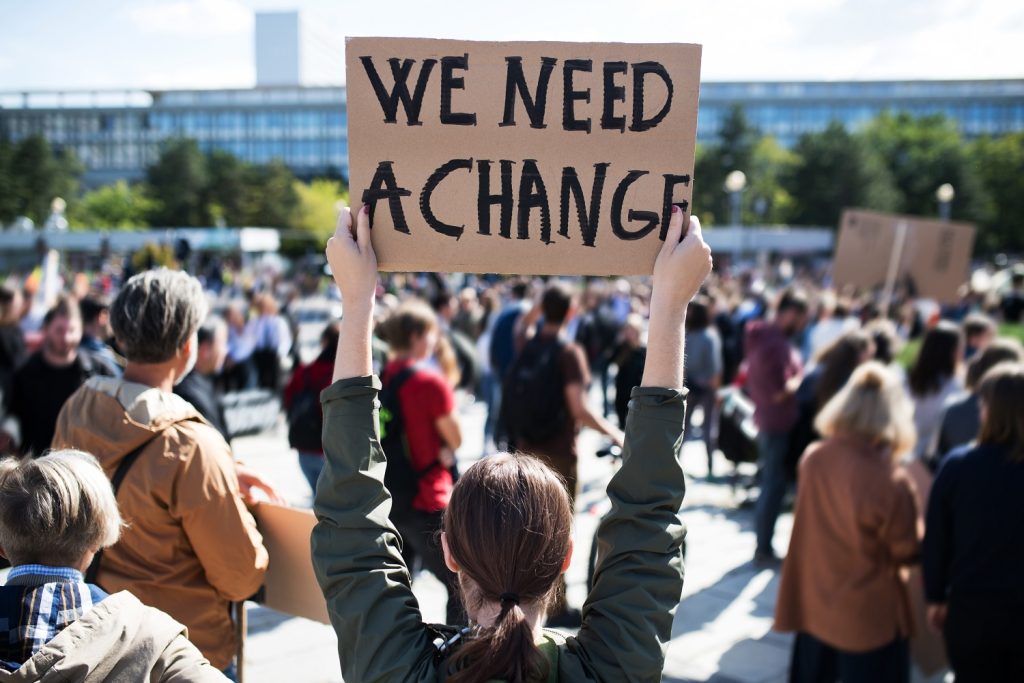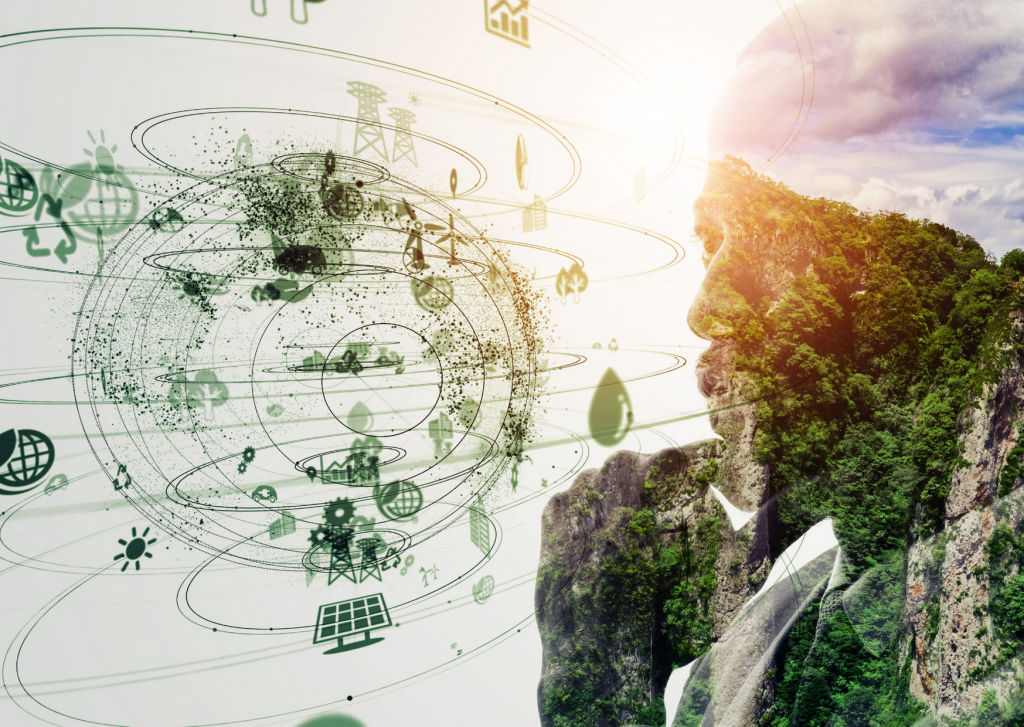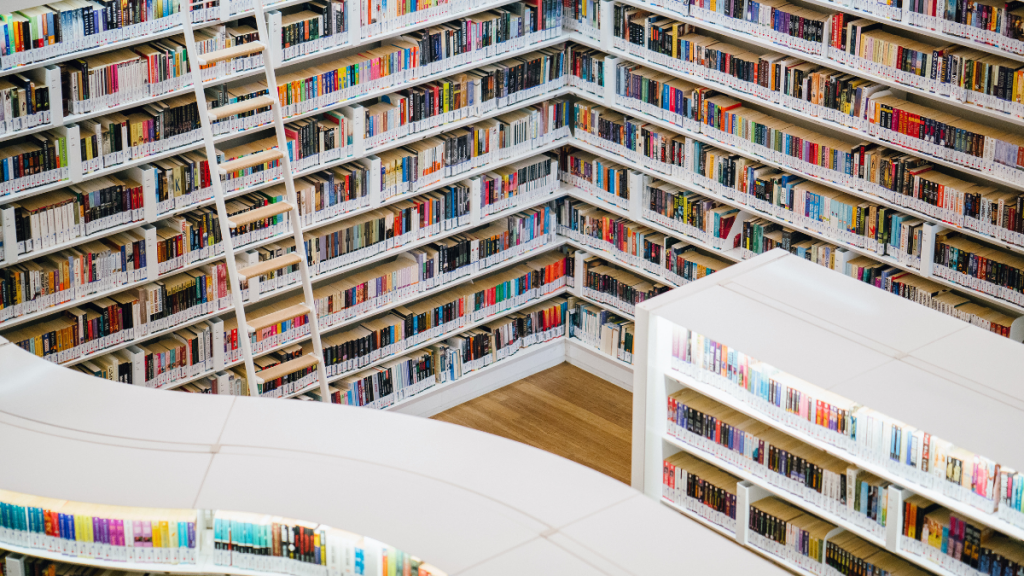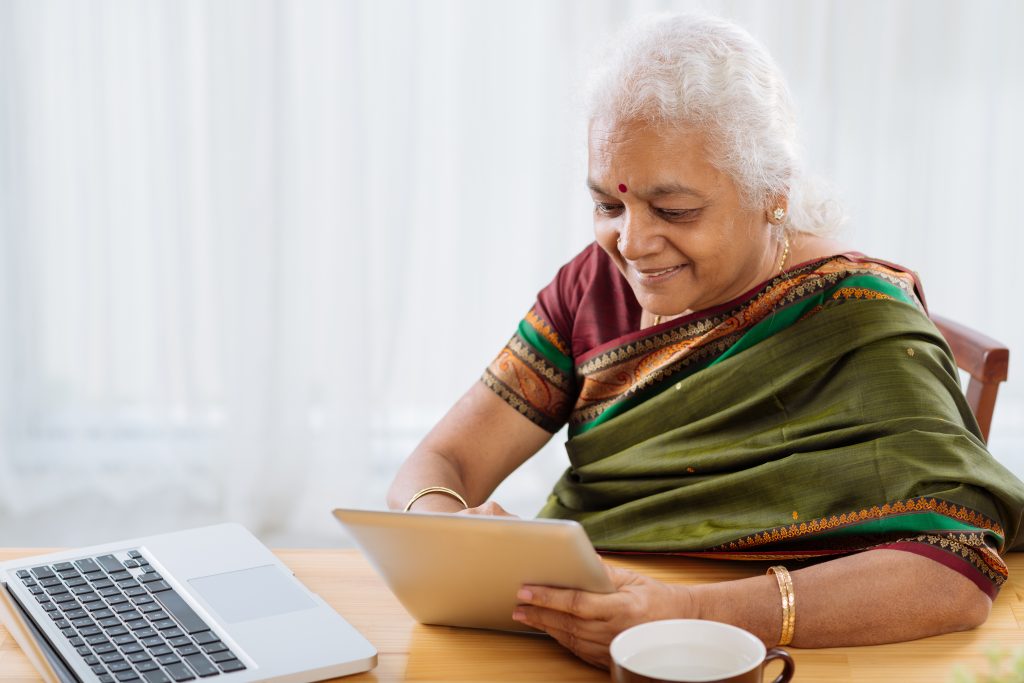Achieving lifelong learning for all means paying particular attention to vulnerable groups: while the benefits of prison education are clear, too few prisoners have access to quality education programmes, argues Marie Macauley

Education is widely recognized as a human right, yet it is a right from which prisoners are routinely excluded. The benefits of education for prisoners are well established. It gives them the opportunity to broaden their knowledge and acquire new skills that will facilitate their sustainable (re)integration into the labour market and society, while, at the same time, reducing recidivism and the attendant economic and social costs. Yet prisoners’ education remains overlooked and under-valued. Within the framework of its programme on inclusion, the UNESCO Institute for Lifelong Learning (UIL) has been studying and supporting prison education policies and programmes in different parts of the world. As the person responsible for UIL’s programme in this area, I visited the Fleury-Mérogis correctional facility (France), the largest prison in Europe, with 3,300 prisoners, to document their experience, understand the challenges they face, and identify good practices and lessons for other institutions and countries.
Continue reading
